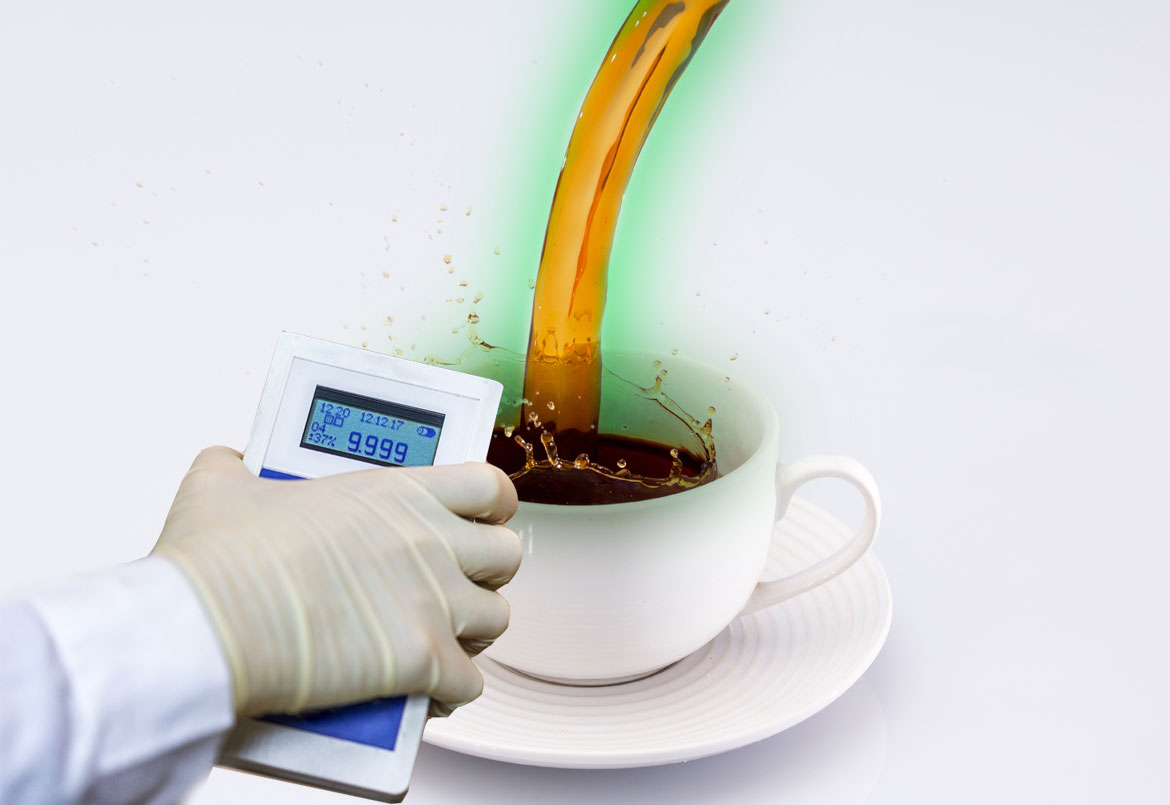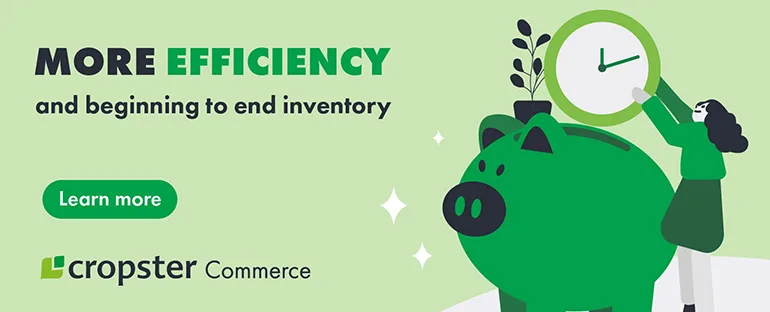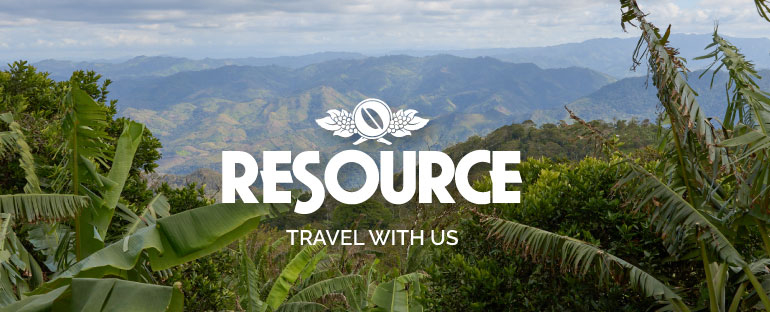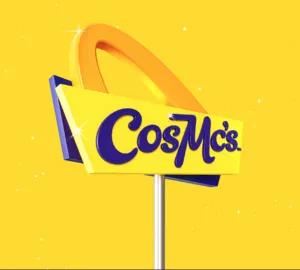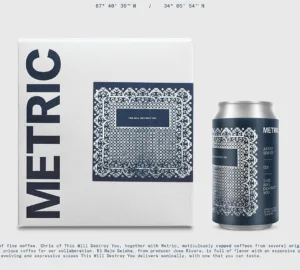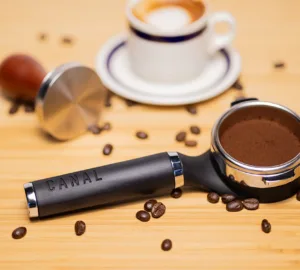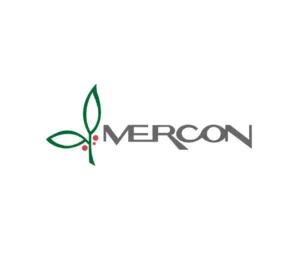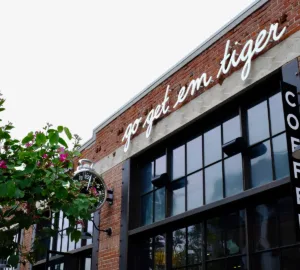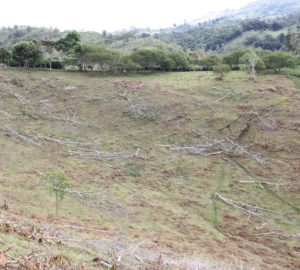Lab-grown coffee is, much to my chagrin, here to stay, for the near future at least. Multiple start-ups are bio-engineering the coffee bean, producing a product that is said to smell and taste like coffee but without any coffee in it at all. Admittedly, it is a pretty incredible feet of modern science. And now, one of those non-coffee coffee designers is releasing their formula into the world. The VTT Technical Research Center of Finland has made public “the exact process the scientists used to produce coffee.”
As reported by Phys.org, VTT published their process in the Journal of Agriculture of Food Chemistry, noting the paper everything about making their molecular coffee, “starting from the original coffee plant itself, and establishing cell cultures to alter its aroma in the roasting process, caffeine content, flavor analysis, and sensory profiling by a panel of tasters.” The researchers hope is that by making the information readily available, interested parties across the supply chain will use it to create the processes necessary to make this type of coffee a commercially viable option.
Unlike traditionally grown coffee, lab coffee isn’t beholden to seasons or weather and can be created year-round as need demands. Coffee crops, per the article, are generally harvested once or twice a year, whereas the lab-grown coffee can be made in just a few months. But the real issue comes in doing it at scale.
“It’s one thing to grow coffee cells in a bioreactor. Making it a commercially viable product is a whole other matter. The raw material derived from different cultivars and species, and the soil, the elevation, climate, and even the year when the particular coffee beans were grown plus the processes of roasting, fermentation, brewing, are all factors that impact the end product,” states Dr. Heiko Rischer, Principal Scientist and Head of Plant Biotechnology at VTT. “While lab-grown coffee is much more controlled, different approaches to, for example, roasting significantly impact the aroma profile of the coffee which is a key consideration for the end-customer—the consumer.”
Of course, this lab-grown coffee comes with claims of sustainability and how standard coffee production is bad for the planet. (I’m once again asking you to use a little bit of critical thinking and consider what all those bad-actor coffee producers are going to do once their current crop is no longer profitable. I’ll give you a hint: It’s not stopping their bad practices.) Specious marketing aside, molecular coffee is an interesting concept and could perhaps deepen our own understanding of real coffee on a cellular level. Either way, it doesn’t appear to be going anywhere.
Zac Cadwalader is the managing editor at Sprudge Media Network and a staff writer based in Dallas. Read more Zac Cadwalader on Sprudge.







